


Samajwadi Party chief Akhilesh Yadav spoke out against the dredging of the Ganga river in Prayagraj for the upcoming Maha Kumbh festival. He criticized the move as an "environmental crime" meant to benefit a select group of individuals through corruption. Yadav also warned of potential harm to the river's ecosystem and called for leaving the rivers to follow their natural paths. The Maha Kumbh festival is set to take place from January 13 to February 26.
Ganga River Dredging Controversy: Akhilesh Yadav Raises Environmental Concerns
Background
The Ganga river, considered the lifeblood of India, holds immense spiritual and cultural significance. However, its health has been threatened by various anthropogenic activities, including industrial pollution, sewage discharge, and encroachment.
Dredging Controversy
In preparation for the upcoming Maha Kumbh festival in Prayagraj, the government has initiated a massive dredging project to remove sand and silt from the riverbed. The primary objective is to create deeper channels for easier navigation during the festival, which attracts millions of devotees.
Akhilesh Yadav's Criticism
Samajwadi Party chief Akhilesh Yadav has strongly criticized the dredging project, calling it an "environmental crime." He argues that the dredging will irreversibly damage the river's ecosystem, disturb aquatic life, and increase turbidity levels. Yadav has also alleged that the project is mired in corruption and will benefit a select few.
Ecological Impacts
Environmentalists have echoed Yadav's concerns, warning that dredging can disrupt the delicate balance of the Ganga's ecosystem. The removal of sand and silt can alter the river's flow patterns, affecting the habitats of numerous fish and bird species. Additionally, increased turbidity reduces sunlight penetration, harming aquatic plants and algae that form the base of the food chain.
Government's Position
The government maintains that the dredging is necessary for the smooth conduct of the Maha Kumbh festival. Officials have assured that the project will be carried out with minimal environmental damage and that measures will be taken to mitigate any potential impacts.
FAQs
1. What is dredging? Dredging involves removing sand, silt, or debris from the bottom of a river or lake to deepen it for navigation or other purposes.
2. Why is the Ganga being dredged? The dredging is being done to create deeper channels for easier navigation during the Maha Kumbh festival.
3. What are the environmental concerns raised by Akhilesh Yadav? Yadav has expressed concerns about the project's potential impacts on the river's ecosystem, aquatic life, and increased turbidity.
4. How does dredging impact the environment? Dredging can disrupt the river's flow patterns, alter aquatic habitats, reduce sunlight penetration, and increase turbidity, which negatively affects plants and animals.
5. What are the government's arguments in favor of dredging? The government argues that the dredging is necessary for the smooth conduct of the Maha Kumbh festival and that it will be carried out with minimal environmental damage.
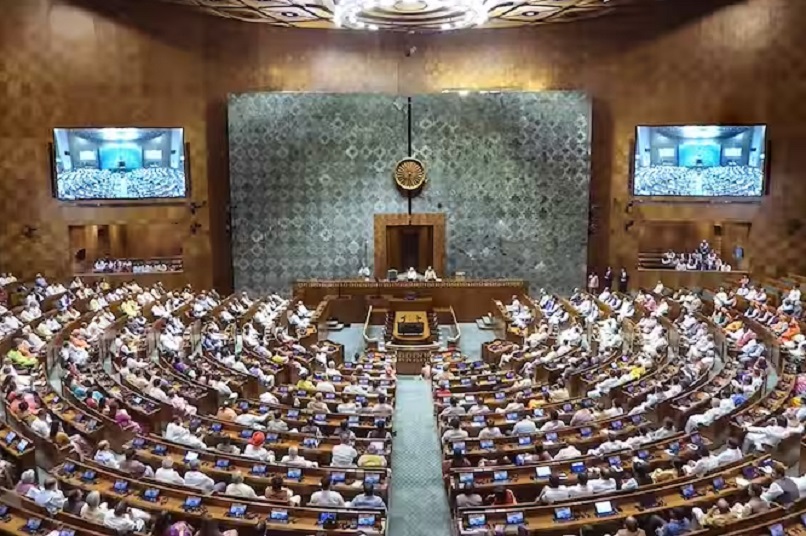
The Waqf Amendment Bill 2025 was passed by Parliament after a 13-hour long debate in the Rajya Sabha. The government hailed it as a "historic reform" for the benefit of the minority community, while the opposition criticized it as "anti-Muslim" and "unconstitutional". The revised bill, which aims to enhance the management and registration process of waqf properties, was approved by both Houses of Parliament and awaits presidential assent to become law. The Union Minority Affairs Minister noted that the Joint Parliamentary Committee's consultation process for this bill was the largest in India's democratic history, receiving over 97 lakh petitions and opinions from various stakeholders.
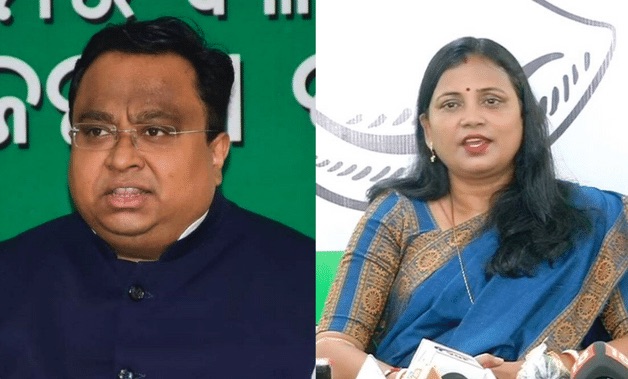
In a surprising turn of events, the ruling Biju Janata Dal (BJD) allowed its seven Rajya Sabha MPs to vote their conscience instead of following the party whip, resulting in the passage of the controversial Waqf (Amendment) Bill in the Upper House. The final tally of 128 in favour and 95 against exposes divisions within the Opposition, with some parties raising concerns about the bill's potential impact on minority communities. BJD's decision to allow a free vote was driven by the party's sensitivity towards various sections of the minority community.

After Rajya Sabha passed the Waqf Amendment Bill with 128 votes in favour and 95 opposing it, JDU Minority Secretary Shah Nawaz Malik resigned from the party and other posts in protest against the party's stand on the bill. He stated that the party's support for the bill was a betrayal of Indian Muslims and went against their belief in the party's secular ideology. The bill, which aims to enhance the administration and management of waqf properties, is facing widespread opposition from the minority community, with the Grand Mufti of Jammu and Kashmir, Mufti Nasir-ul-Islam, calling it anti-Muslim and stating that the community is planning to challenge it in the Supreme Court.

Tamil Nadu Chief Minister MK Stalin has declared that his political party, the DMK, will challenge the recently passed Waqf Bill in the Supreme Court. The CM condemned the passing of the amendment at 2 am, alleging pressure from a few allies, despite opposition from most parties in India. He also highlighted that the state Assembly has already passed a resolution opposing the amendment, and that a case will be filed in the Supreme Court on behalf of the DMK. The Waqf Bill seeks to improve the administration and management of waqf properties in India, but its passing has been met with criticism and opposition.
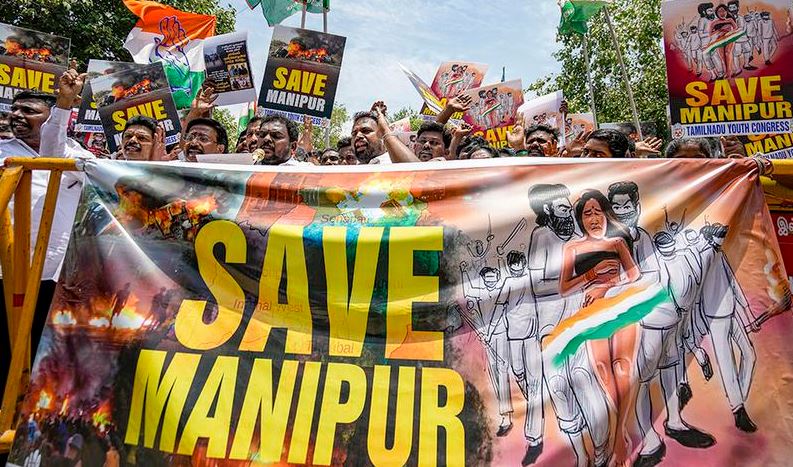
The Lok Sabha was in session until the early hours of the morning, debating and passing important bills. However, amidst the proceedings, the government initiated a short discussion on the proclamation of President's Rule in Manipur at 2 AM which lasted only 41 minutes. The Opposition was surprised and protested, but the Speaker allowed the discussion to continue. Congress MP Shashi Tharoor, in his speech, highlighted the failures of the government in maintaining law and order in Manipur and questioned the timing and necessity of the President's Rule.
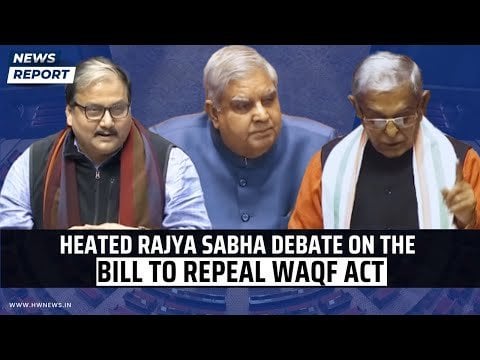
The Waqf Amendment Bill, which was earlier passed by the Lok Sabha, sparked a heated debate in the Rajya Sabha today. While BJP MP JP Nadda defended PM Modi's welfare for all principle, Shiv Sena MP Sanjay attacked the BJP for ignoring the interests of Muslims. Union Minister Giriraj Singh also joined in, accusing the Congress of crossing the limits of appeasement by giving away 123 properties to Waqf in Lutyens' Delhi overnight in 2013. The debate highlights the deep division and polarizing views over the proposed amendments to the Waqf Act in Uttar Pradesh, the state with the highest number of Waqf properties in the country.

In a digitized effort, Chief Minister Devendra Fadnavis transferred a grant of ₹25 crore to 560 gaushalas across the state under the Desi Cow Conservation Scheme. This first phase of the scheme will benefit over 56,000 indigenous cows for their upkeep. Fadnavis emphasized the importance of preserving indigenous cows for rural development and praised the initiative taken by the Maharashtra Goseva Commission. With lower milk productivity, these cow shelters play a vital role in providing necessary care for non-milking and unproductive cows, making the scheme a major relief for them.

Samajwadi Party chief Akhilesh Yadav criticized the BJP for taking 10 months to select a national president, while Amit Shah countered by pointing out dynastic practices among opposition parties. Reports suggest that the BJP will announce its new national president by the third week of April to replace JP Nadda. Nadda's tenure was extended until June 2024, but the new president will still be chosen after a process involving the party's 12-13 crore members.
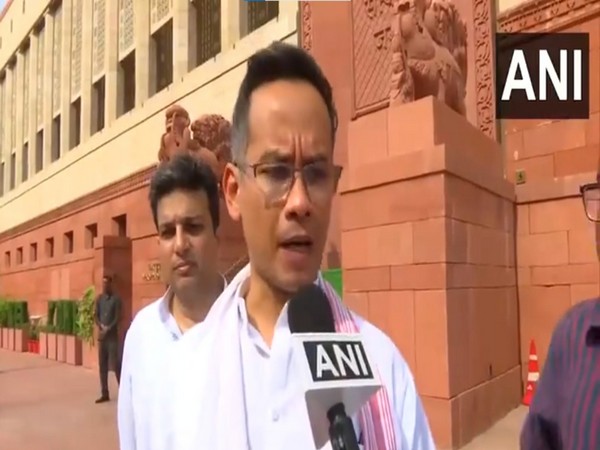
Congress MP Gaurav Gogoi vehemently opposes the Waqf amendment bill during a Lok Sabha discussion, stating that it is an attack on the foundation of Parliament and the Constitution. He also alleges that the government has ulterior motives for pushing the amendment, including diluting the Constitution, defaming minorities, dividing society, and disenfranchising the minority community. He questions the timing of the amendment and accuses the BJP-led government of restricting religious freedoms in India.
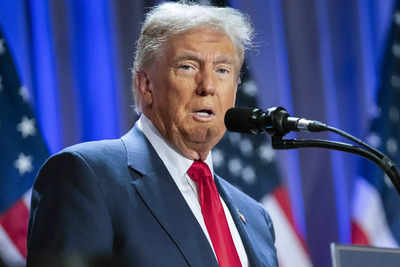
US President Donald Trump has sparked controversy by hinting at ways to stay in power beyond his second term. While the 22nd Amendment limits presidential terms to two, Trump believes there are "methods" to get around it. This raises concerns about the sanctity of democracy and the potential for abuse of power. The idea of a third term for any president has been largely rejected in American history, making this a crucial issue to watch.